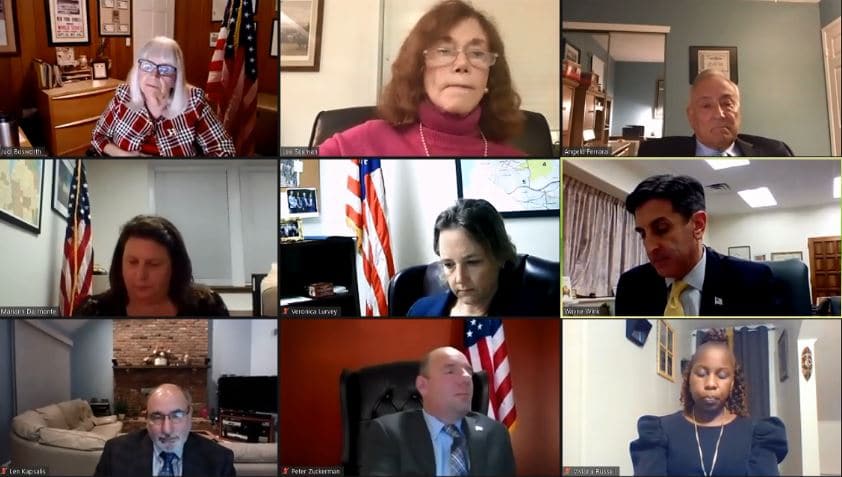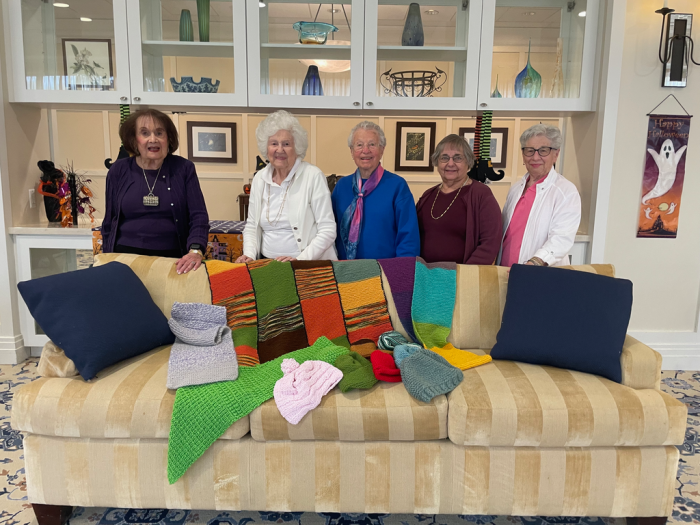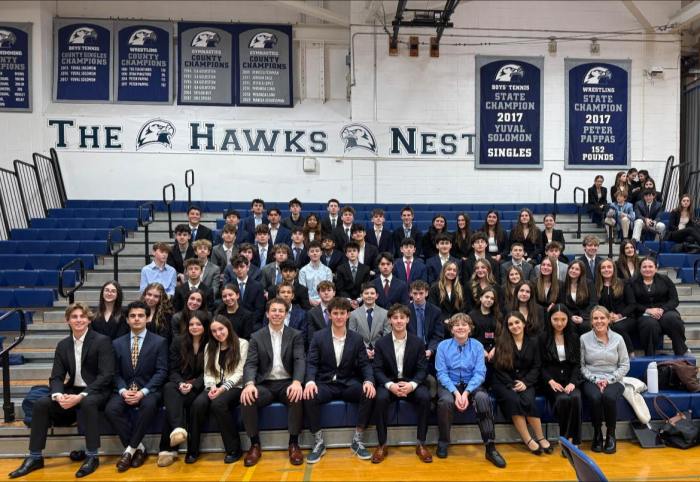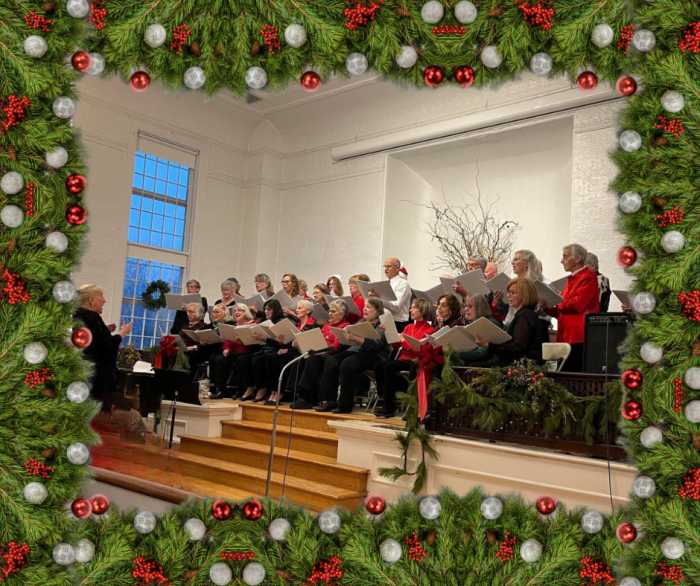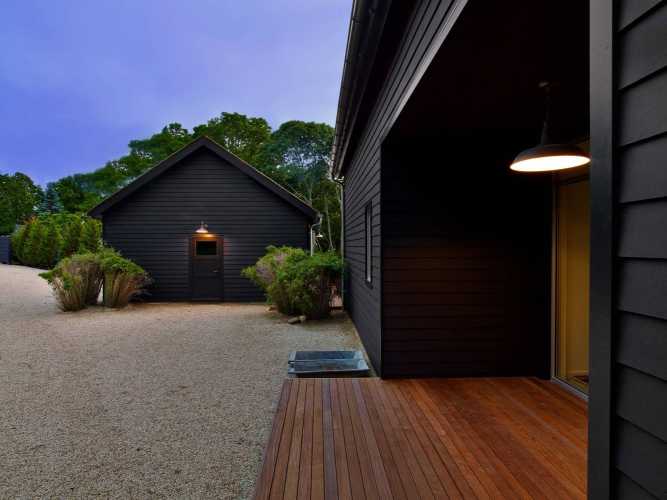In the Oct. 22 Town of North Hempstead (TONH) virtual meeting the town board voted to approve a settlement with ExteNet Systems to construct 13 cell nodes in the unincorporated areas of Port Washington.
According to Councilwoman Mariann Dalimonte, the town board did not agree with the rules, which allowed the nodes to be placed in residential areas, but the federal law has them “backed into a corner.”
In August 2019, ExteNet filed an application with the town to install 16 cell nodes on utility poles in the unincorporated areas of Port Washington. In January 2020, ExteNet filed a lawsuit against the town alleging the town failed to approve or deny the application by the deadline in late December and therefore violated the shot clock order.
On June 26, Judge Edward Korman of the Eastern District of New York ruled in favor of ExteNet Systems in its lawsuit against the Town of North Hempstead, stating that “the town failed to act within a reasonable period of time.” The court order stated that the town had to “issue all approvals necessary for ExteNet’s installation of the 16 small wireless facilities” and “cooperate in good faith to coordinate with ExteNet during construction and installation.”
The town appealed the June 26 decision. During the appeal, the court required the TONH and ExteNet participate in a mediation to determine whether all 16 cell nodes were necessary. The TONH and ExteNet, through the expertise of their respective engineers, determined that if one cell node was relocated and two were increased in height then three could be eliminated, bringing the total down to 13.
Prior to the vote, several residents were given the opportunity to voice their concern regarding the cell nodes. Many residents had concerns that the installation of these nodes so close to their homes would put themselves and their children at risk of excess radiation exposure.
Lorraine Miller, a resident of Port Washington who resides on a block where one of the cell nodes would be placed, questioned why a public hearing was not held prior to this meeting/vote.
“No one on the block who I’ve spoken to wants the pole there,” Miller said. “What’s so disturbing is that residents were not given a public hearing. Protocols were not followed. This is not acceptable. My husband and I have lived in Port Washington for over 13 years and this situation with the town and ExteNet has been the most awful thing we’ve experienced since moving here. While I’m sure you would love to be done with this issue, we need to know as our elected officials what will you do to continue to fight for us to get this node moved so it doesn’t harm our child and our neighbors children. This problem will never go away, until the node goes away.”
Matt Steinberg, who also lives on the same block as one of the proposed cell nodes, also asked the board to vote no.
“I also implore you to vote no to this resolution,” Steinberg said. “We live across the street from this pole, it is within 40 feet of our three and five year olds bedrooms. ExteNet’s own application shows that the distance from this particular pole is way shorter than the allowable limit from the FTC. There is also no way to monitor the radiation frequencies coming from this node. In other words, ExteNet or Verizon can increase the power from this with no notification and no way to monitor it. I implore you to vote no for this, as we and hundreds of other families and been dedicating ourselves to this for the better part of a year.”
After listening to the residents, Dalimonte read a statement on behalf of the board regarding the application.
“I don’t want to approve any wireless facilities being installed outside people’s homes,” Dalimonte said. “But I believe this is an acceptable compromise under the circumstances. The federal law has us backed into a corner. My choices are either to approve the 13 or reject the 13 and clear the way for 16, so I will be voting to approve this settlement because it’s the better alternative.”
The Federal Communications Commission (FCC) code states that municipalities can only cite aesthetics and location as reasons for rejecting an application. Other factors like health concerns or radiation exposure are not allowed to be considered as reason for rejection.
“We are in a no win situation and we can’t use health as a reason [to deny it],” Dalimonte said. “The federal law needs to change, it’s not right that we have no say what goes in our right-of-way.”
Town Supervisor Judi Bosworth stated that the town tried to appeal the decision, but ultimately lost.
“We tried to fight it, we were sued, we lost, we appealed the suit, we lost again,” Bosworth said. “ExteNet was told they needed to mediate with us, was actually very unusual because they didn’t have to. We lost the suit, they had every right to just go in and start putting up the nodes. So they did meet with us. We were instructed by the mediators that we are not allowed to discuss it. None would be better than 16, but this is where we are.”
Leonard Kapsalis, the attorney for the Town of North Hempstead stated that while the town did succeed in reducing the number from 16 to 13, their hands were tied due to the federal law.
“Underscoring all of this is a simple fact that federal law severely ties our hands and our ability to regulate where these nodes and facilities can be placed,” Kapsalis said.
Bosworth added that changes need to be made on the federal level. “They come with, ‘we want to put this in your right-of-way.’ If we say no, we get sued, which we did. We defended the suit. We lost that in a pretty devastating terms.”
Following comments from the residents, several councilmembers also shared their disappointment with the results of the suit. The town board then voted to accept the settlement.
The Town of North Hempstead will hold their next meeting on Nov. 5 at 7 p.m. For more information regarding town meetings, visit northhempsteadny.gov.




